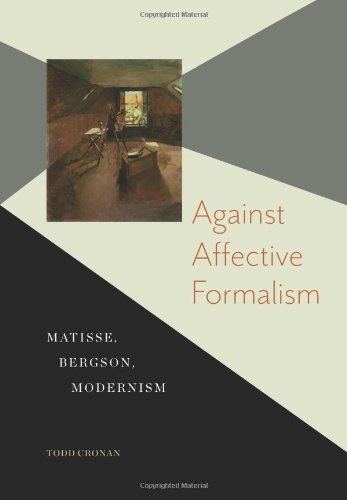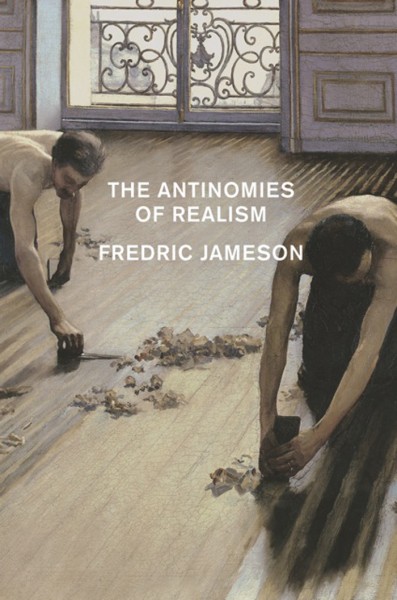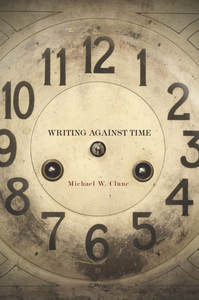
Against Affective Formalism: Matisse, Bergson, Modernism
Let me be clear, the problems I raise do not stem from a dissatisfaction with the way October authors repeat a kind of party line. In fact, I envy the unity and consistency of the resolve and of course their massive impact on the discipline (what is there, politically speaking, besides anti-hierarchy in the humanities?). My point is that the basic set of claims shared by many of these authors is mistaken.



